Keeping your drains in good working order is essential for preventing clogs, unpleasant odors, and costly plumbing repairs. Many household items that seem harmless can actually cause significant problems if they end up in your drain. Here’s a guide to nine things you should never put down your drain to maintain a healthy plumbing system.
Other Topics You Might Like
Helpful Products You Might Like
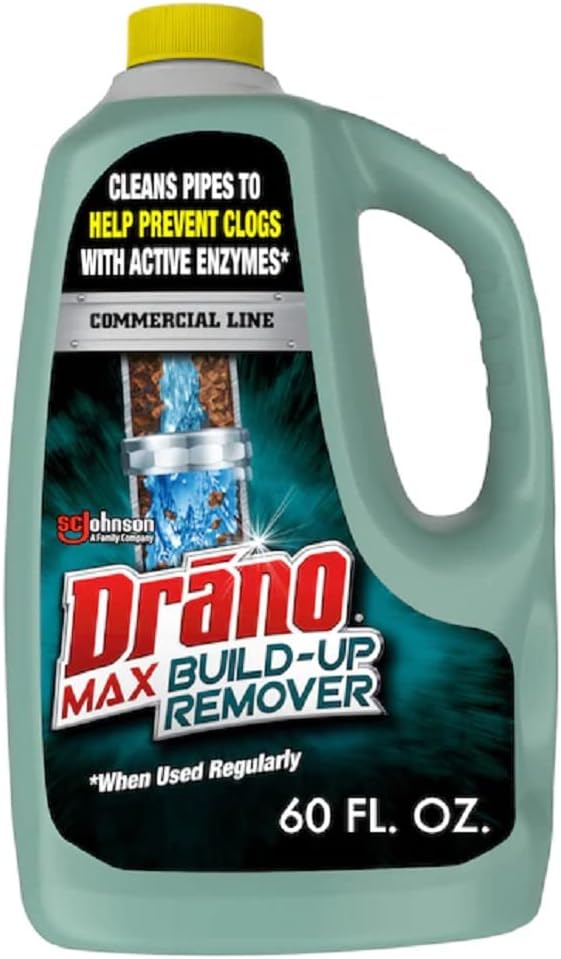
Drano Max Build Up Remover
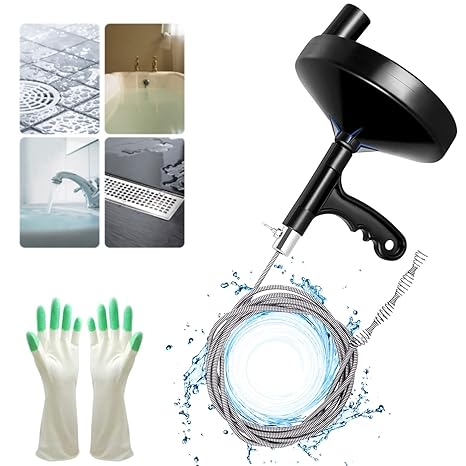
Drain Auger Clog Remover
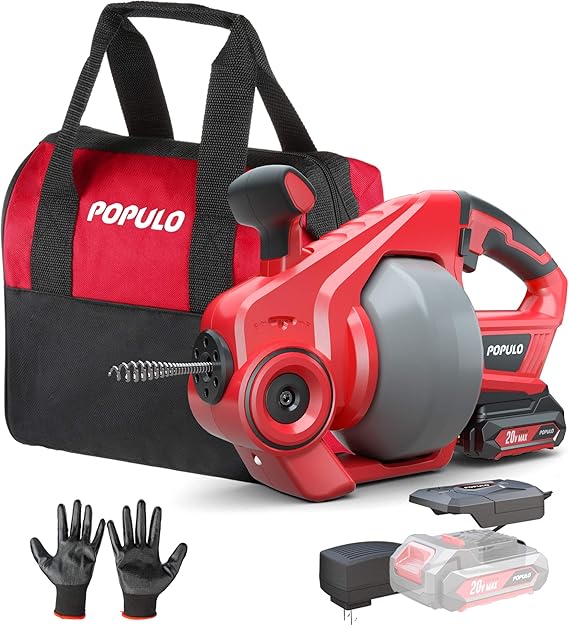
POPULO Cordless Electric Drain Auger
"(Paid Links)" 
Grease and Cooking Oils
Grease, fats, and cooking oils may seem like they’ll simply wash away, but they can solidify and build up inside your pipes.
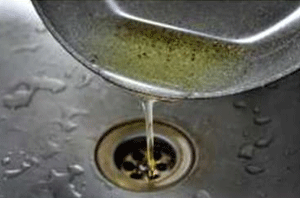
Solidification
When grease cools, it hardens and sticks to the inside of pipes. Over time, this can create a blockage that restricts water flow and leads to clogs.
Solution
Collect grease in a container and dispose of it in the trash or recycle it if possible. You can also use paper towels to wipe excess grease from pans before washing them.
Coffee Grounds
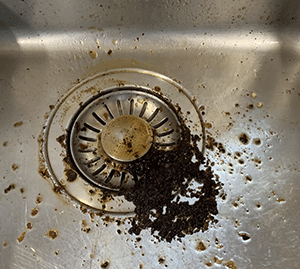
Coffee grounds may seem small and innocuous, but they can combine with other substances and form a sludge that clogs your pipes.
Clumping
Coffee grounds do not dissolve in water. Instead, they can clump together and create a thick, sticky paste that obstructs drainage.
Solution
Dispose of coffee grounds in the trash or use them in composting if you have a garden. Consider using a dedicated coffee grounds container to avoid putting them down the drain.
Eggshells
Eggshells are often mistakenly thought to be harmless when disposed of down the sink.
Sharp Edges
Eggshells have sharp edges that can scrape and damage the interior of pipes, especially if they get stuck in the disposal unit.
Solution
Dispose of eggshells in the trash or compost them if you have a composting system. They can be beneficial for compost and garden soil.
Flushable Wipes
Despite their name, flushable wipes do not break down like toilet paper.
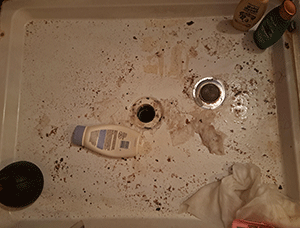
Non-Biodegradable
Flushable wipes can cause significant blockages in sewer systems and municipal wastewater treatment plants.
Solution
Discard wipes in the trash. Consider using toilet paper for flushing and use biodegradable wipes if necessary.
Hair
Hair is a common culprit for clogs in bathroom sinks and shower drains.
Clogging
Hair strands can easily catch on other debris and build up over time, leading to severe clogs.
Solution
Use drain screens or hair catchers to prevent hair from entering the drain. Regularly clean out these screens to prevent build-up.
Medication
Flushing unused or expired medication can harm the environment and may not be effective in disposal.
Environmental Impact
Pharmaceuticals can contaminate water supplies and harm aquatic life.
Solution
Dispose of medications through drug take-back programs or follow local guidelines for safe disposal. Many pharmacies and community programs offer safe medication disposal services.
Cat Litter
Even though some cat litters claim to be flushable, they can still cause issues.
Blockages
Cat litter can clump and expand when wet, leading to significant blockages in pipes and sewer systems.
Solution
Dispose of cat litter in the trash or use a litter box with a covered disposal system. Regularly clean the litter box to manage waste effectively.
Non-Food Items
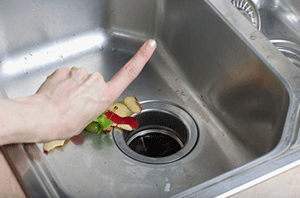
Various non-food items can inadvertently end up in the drain.
Foreign Objects
Items such as paper towels, dental floss, and small toys can cause blockages and damage your plumbing system.
Solution
Be mindful of what goes down your drains. Use waste bins for non-food items and keep your drains protected with screens or covers.
Paint and Chemicals
Paints, solvents, and other chemicals should never be poured down the drain.
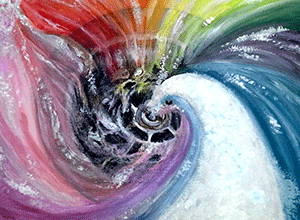
Toxicity
These substances can be harmful to the environment and plumbing systems. They can cause corrosion and other damage to pipes.
Solution
Dispose of paint and chemicals at designated hazardous waste disposal sites. Many communities offer special collection days for these types of waste.
Conclusion
Maintaining a healthy plumbing system requires awareness of what should and shouldn’t go down your drains. By avoiding the disposal of grease, coffee grounds, eggshells, flushable wipes, hair, medication, cat litter, non-food items, and paint, you can prevent clogs, reduce plumbing issues, and protect the environment. Proper disposal practices and regular maintenance will keep your plumbing in good working order and save you from costly repairs.
